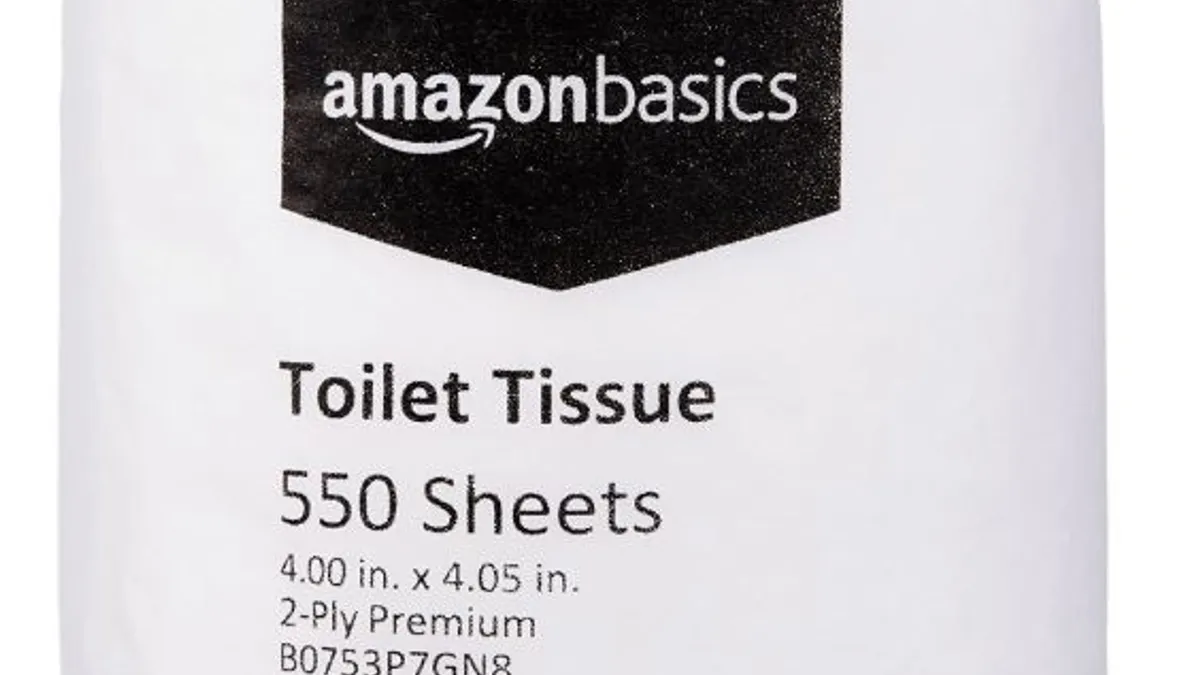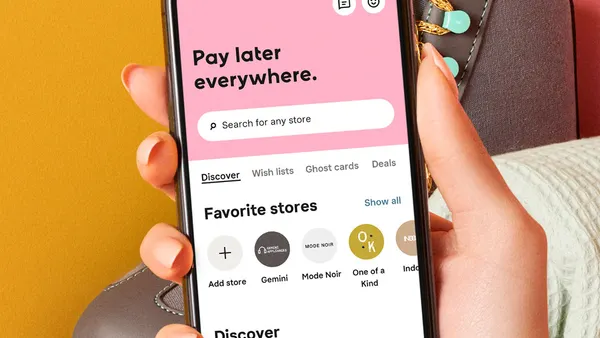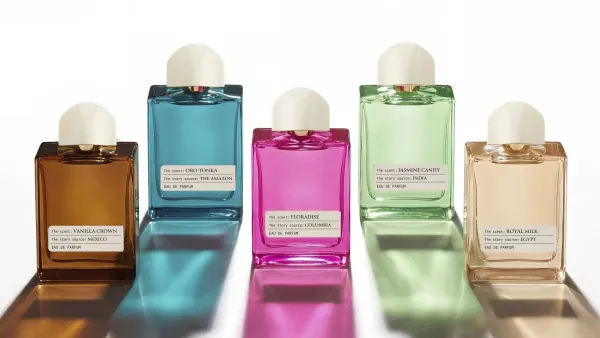Dive Brief:
-
Amazon now offers nearly 80 private labels in various categories, and, as its stable has grown, its approach to those brands has evolved, according to a report from One Click Retail emailed to Retail Dive.
-
AmazonBasics and Amazon's other early brands were aimed at dominating niche categories (batteries, lightning cables and pet carriers,) while its latest push appears to be entering categories with large, well- established brands (Bounty paper towels), (Charmin toilet paper), and (Blue Buffalo dog food), according to the report.
-
As Amazon's private labels compete with sales promotions, smaller brands are taking the hit, according to One Click Retail's research.
Dive Insight:
A fundamental shift in Amazon's private label strategy, as One Click Retail sees it, is that the e-tailer now puts big name brands in the position of both benefiting from and competing with it.
But Amazon seems more interested in entering important consumer categories and doing just well enough to bring in traffic and loyalty than to steal the show, according to One Click Retail's analysis. Yet, as Amazon does so, smaller brands may feel the pinch.
"Amazon is unlikely to unseat the [No. 1] brands in these categories, but that may not be the retailer's intention," report author Ojastro Todd wrote. "One of the key advantages of private brands for any retailer is their ability to drive customer loyalty — producing items that are exclusively available through Amazon will drive more traffic to the platform, which also benefits Amazon sellers by bringing more consumers in front of their products."
So far, it's been effective. Amazon's short-term promotions have lasting effects, generating sales at its labels that endure beyond the promotional periods, according to the report. In the first quarter, for example, Amazon ran a promotion on Mama Brand diapers and baby food that drove weekly sales to a peak of about $180,000. Weekly sales in the period grew more than 500% from $20,000 in December to more than $100,000 in March, an increase of more than 500%.
In the three months after the promotion, Mama Bear diaper sales increased another 50% from their pre-promotion point. "Even with its rapid growth, Mama Bear doesn't pose a threat to these well-established brands, but smaller competitors like The Honest Company and Bambo Nature are definitely feeling the pinch," Todd said.
Amazon is using not just promotions but also product emphasis to implant its brands more firmly in customers' minds. Its two-year-old Presto household essentials brand underwent a major expansion last year, adding hand soap, all-purpose cleaner, paper towels and toilet paper to its initial lineup of laundry and dish detergents. As of the second quarter this year, Presto's new paper products have quickly morphed into the main driver of sales and growth, earning an estimated $350,000 in average weekly sales and ranking sixth in paper towels and toilet paper.
"Amazon is more willing than ever to compete even in categories with large, well-established incumbents, but market leaders that have excelled at e-commerce for years have a head start and competing against them may be a battle Amazon doesn't want to fight," Todd said. "Instead, private brands aren't meant to eliminate the competition; they're meant to drive loyalty."















